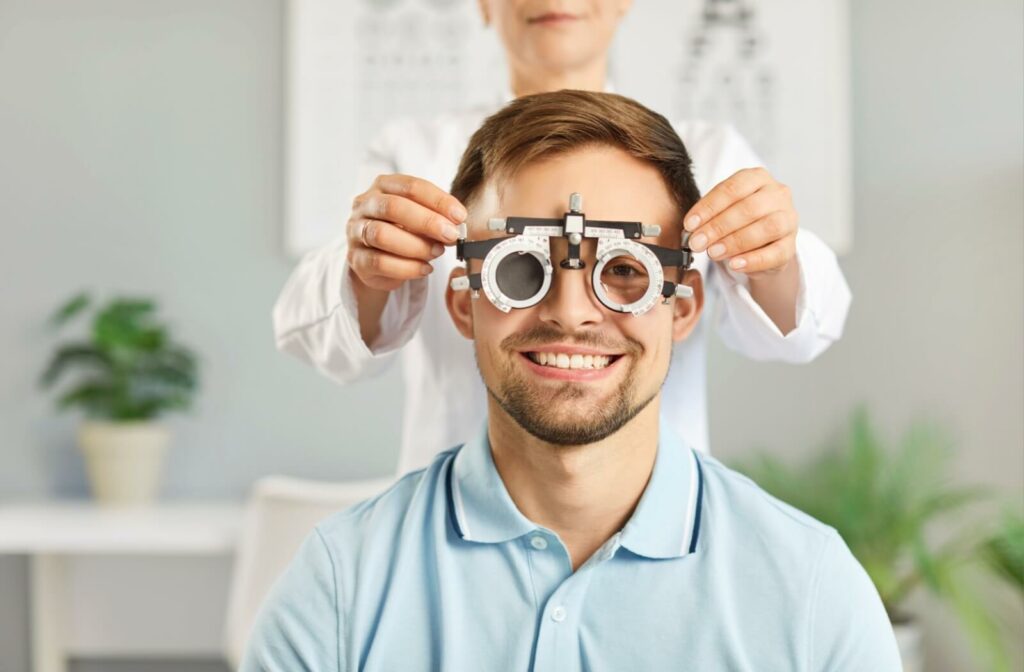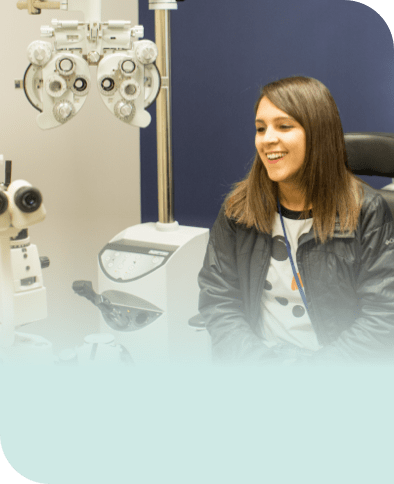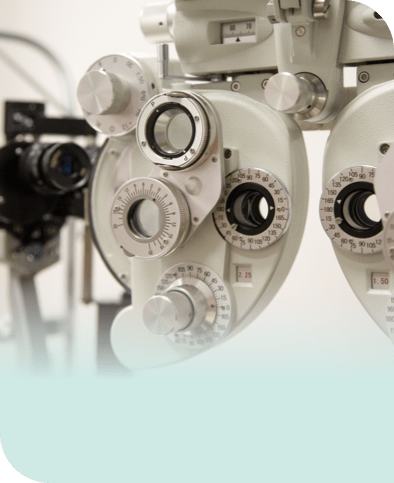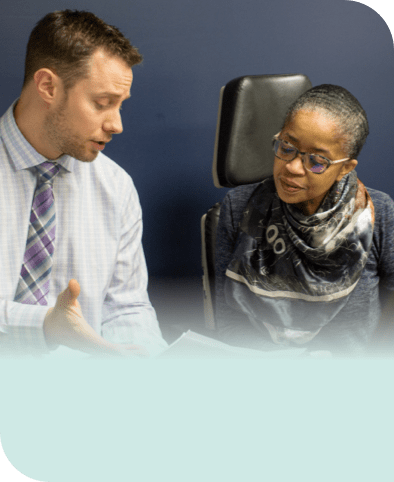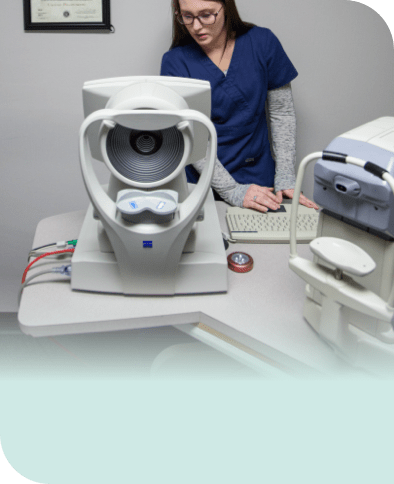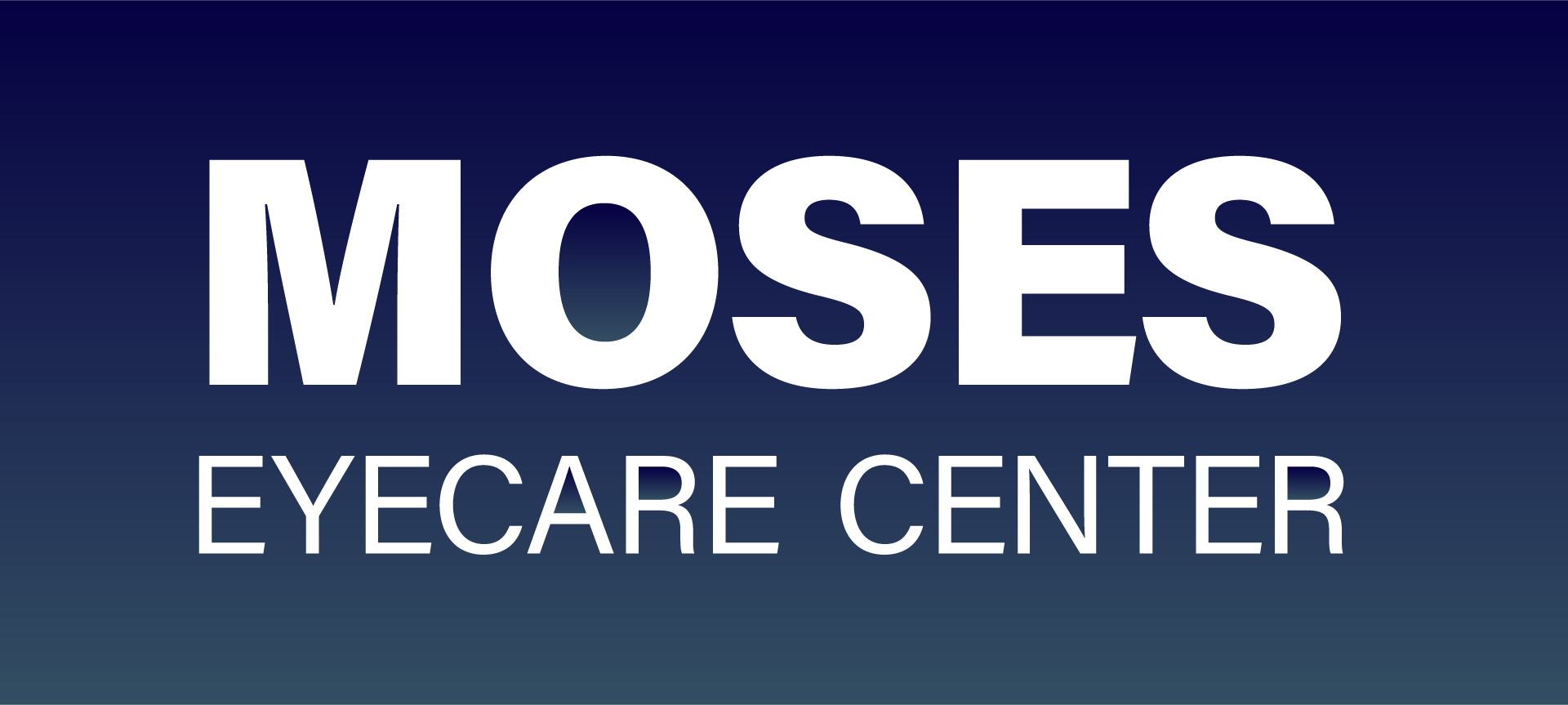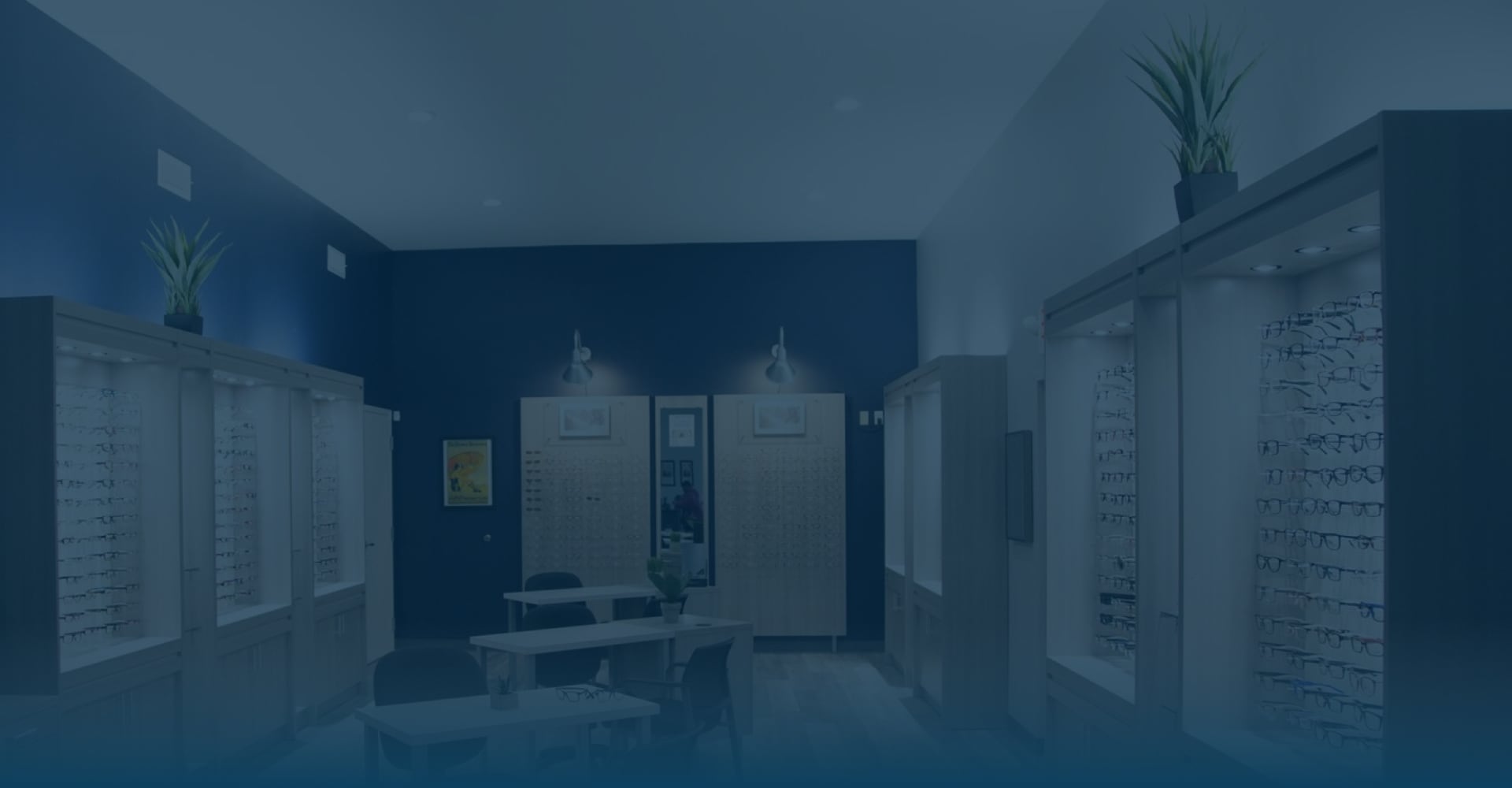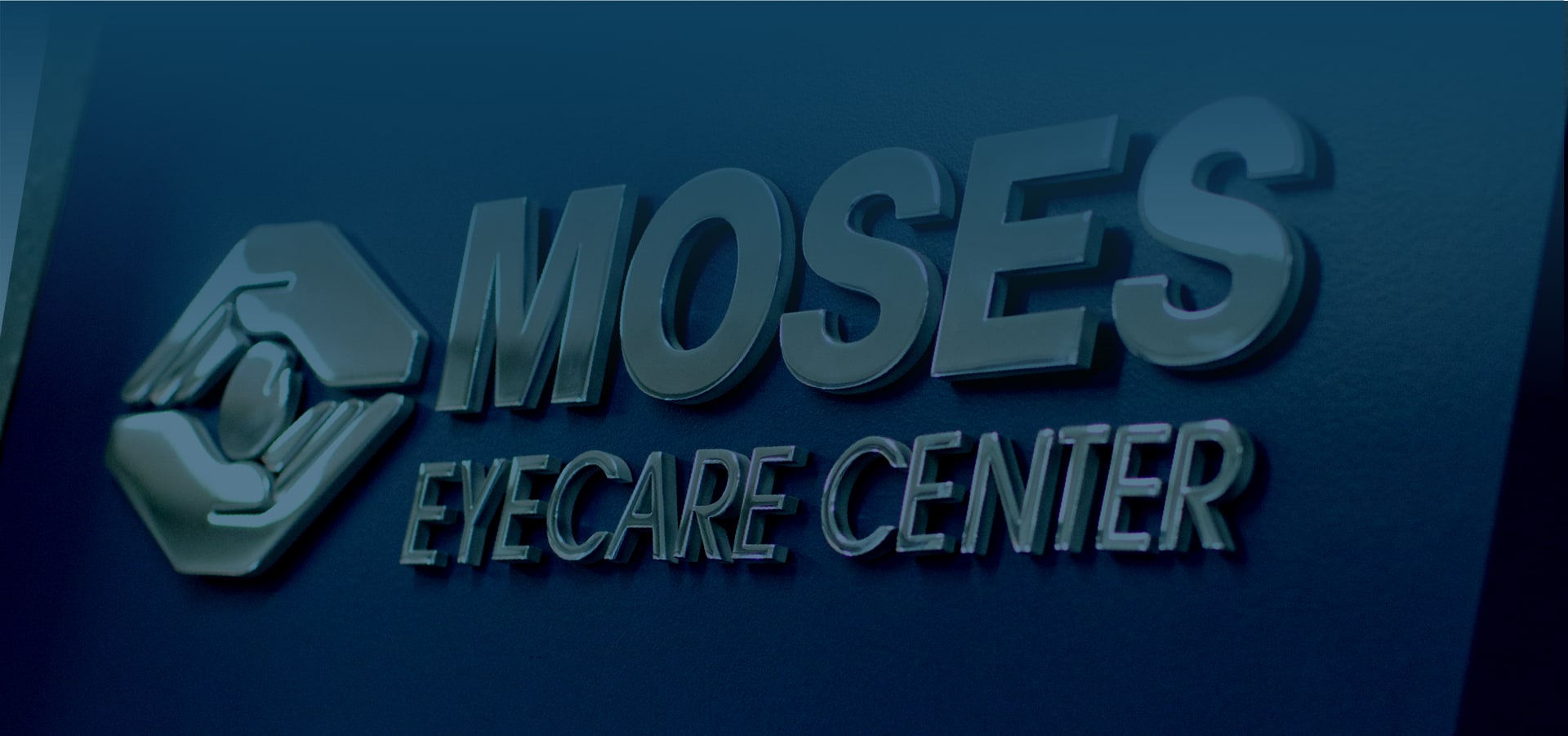When was your last eye exam? Whether it’s your first time visiting the optometrist or time for your regular check-up, knowing what to expect can make the process smoother.
On average, a comprehensive eye exam takes about 30 to 60 minutes—but the actual time can vary depending on your individual needs, the tests performed, and whether you wear glasses or contacts.
An eye exam is more than just a vision check—it’s an essential part of caring for your overall health. Your eyes can reveal signs of systemic conditions like diabetes or high blood pressure, even before symptoms appear. That’s why these appointments play such a critical role in preventative health care.
Why Eye Exams Matter
Even if your vision feels fine, your eyes could be telling a different story. Regular eye exams help detect common vision and eye health issues early—often before they affect your day-to-day life. Conditions like glaucoma, cataracts, and macular degeneration can be managed more effectively when caught early. For kids, exams are crucial to supporting healthy development and learning. For adults, they help ensure that your prescription is accurate and that your eyes are functioning at their best.
What to Expect During Your Eye Exam
No two eye exams are exactly alike, but most follow a consistent format that’s both thorough and efficient. Here’s a closer look at what typically happens during your visit:
1. Initial Health & Vision History
Your optometrist will begin by reviewing your overall health, eye history, medications, and any current symptoms or concerns. Be ready to share whether you’ve noticed changes in your vision, have experienced eye discomfort, or have a family history of eye disease.
2. Visual Acuity Testing
This is the part where you read letters off of a chart. It checks how well you can see at various distances and is used to determine whether you need corrective lenses.
3. Refraction Test
If you wear glasses or contacts, or suspect you need them, this test helps pinpoint your exact prescription. You’ll look through a phoropter and choose between different lenses.
4. Eye Health Evaluation
Your optometrist will examine both the external and internal structures of your eyes. This may include:
- Slit lamp exam to check the cornea, lens, and front of the eye
- Dilated eye exam to get a better view of your retina and optic nerve
- Ophthalmoscopy to detect issues like retinal tears or optic nerve abnormalities
5. Intraocular Pressure Testing (Tonometry)
To check for early signs of glaucoma, your optometrist will measure the pressure inside your eyes. This is often done with a quick puff of air or a small device that gently touches the surface of your eye.
6. Retinal Imaging or OCT
Some exams may include Optical Coherence Tomography (OCT)—a non-invasive scan that provides detailed 3D images of the retina. It’s especially helpful in detecting and monitoring conditions like macular degeneration, diabetic retinopathy, or glaucoma.
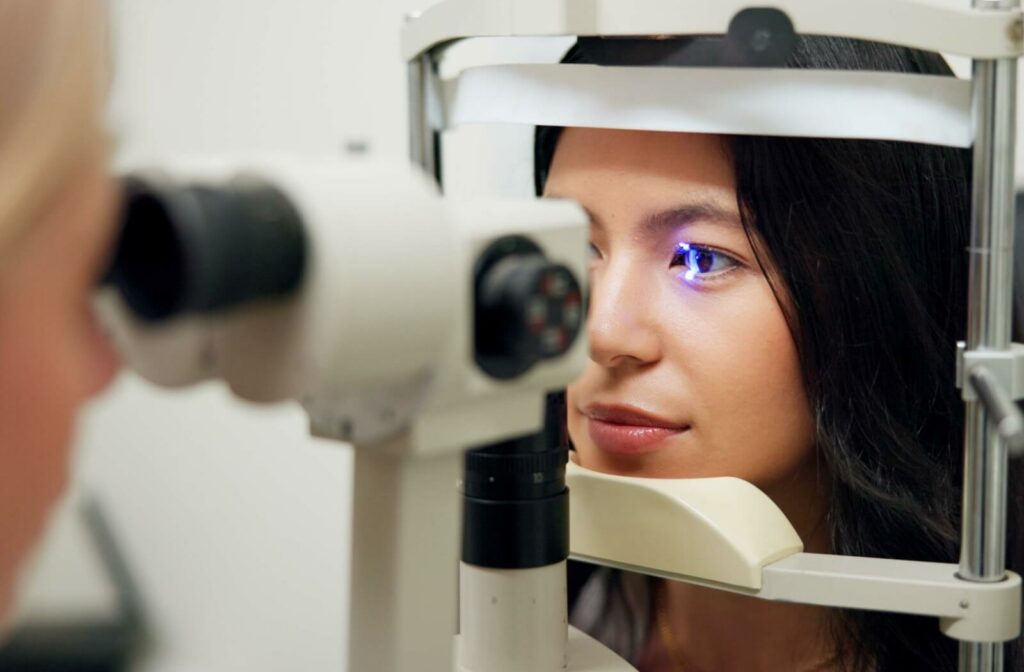
How Often Should You Get an Eye Exam?
How often you need an eye exam depends on your age, health, and vision needs:
- Children: First eye exam around age 1, then again before starting school. After that, every 1–2 years.
- Adults 18–64: Every 1–2 years, or as recommended.
- Seniors 65+: Annually, or more frequently if needed.
Anyone with existing eye conditions, diabetes, or a family history of eye disease should have more frequent exams.
Even if you don’t notice any symptoms, scheduling regular visits helps protect your long-term vision.
Eye Exam FAQs
Do eye exams hurt?
Not at all. Most tests are non-invasive and completely painless. You might feel a bit of pressure during certain tests, like the puff of air when testing for glaucoma, but it’s over in seconds.
Can I use an online vision test instead?
Online tests can give you a general sense of your eyesight, but they can’t assess your eye health. Only a professional in-person exam can detect signs of disease or provide a full picture of your vision.
What should I bring?
Bring your current glasses or contact lenses, a list of any medications you take, and any questions or concerns you may have. It’s also helpful to know your family’s eye health history.
Should I get an exam if my vision seems fine?
Yes. Many eye conditions develop without symptoms in their early stages. Routine exams are the best way to catch these issues early and keep your eyes healthy for the long haul.
Do kids need eye exams too?
Absolutely. Many children don’t know they have vision problems, and early detection is key to supporting learning and development. A child who can’t see clearly may struggle in school or during sports—and they may not be able to tell you something’s wrong.
Take a Proactive Step Toward Better Vision
Whether it’s your child’s first eye exam or your annual check-in, your eyes deserve exceptional care. At Moses Eyecare Centers, we make your vision our priority. Our exams are thorough, patient-focused, and tailored to your lifestyle—whether you wear glasses, contacts, or neither.
Book your eye exam today and experience attentive, expert care that helps keep your world in focus.


